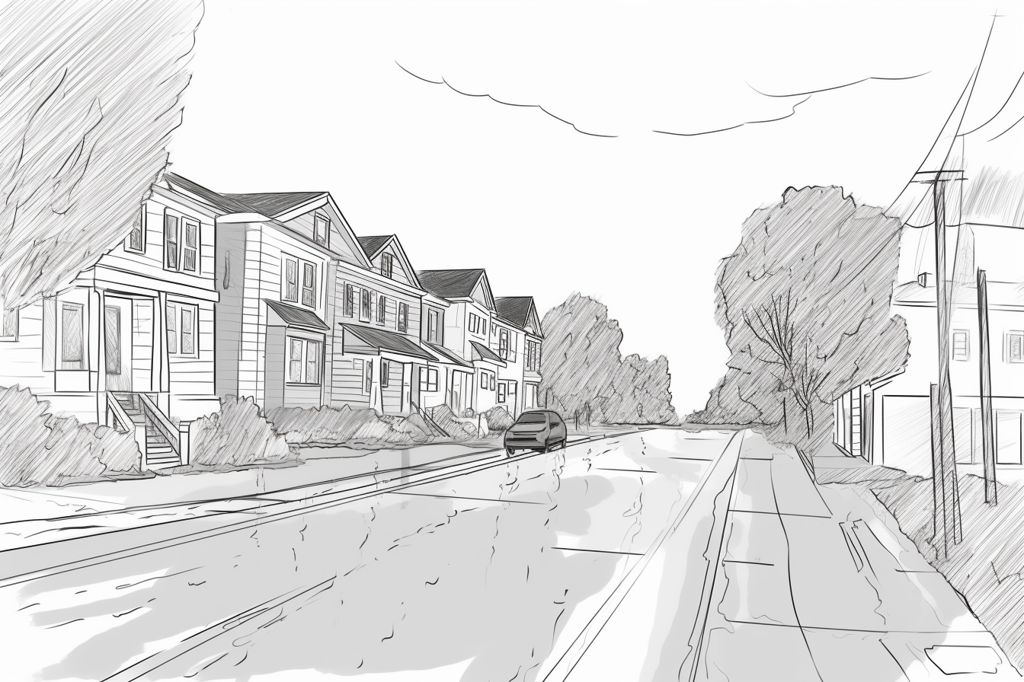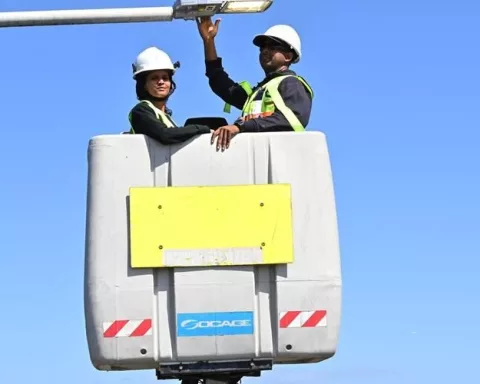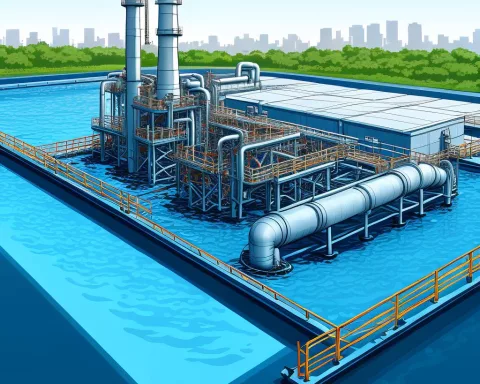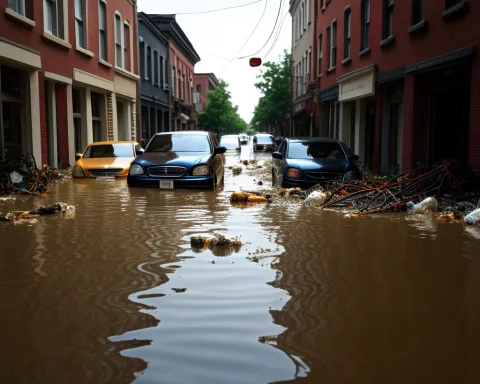Maintaining our stormwater infrastructure is essential in ensuring the safety of our roads, public spaces, and homes during periods of heavy rainfall. However, blockages and illegal dumping can compromise these critical systems, leading to flooding and inconvenience for residents. In this article, we emphasize the significance of reporting stormwater flooding and provide guidance on how to do it effectively.
Identifying the Cause of Stormwater Flooding
When a roadway floods during or after rainfall, it is often due to issues with the stormwater drainage system. Heavy downpours can sometimes exceed the system’s capacity, resulting in localized flooding. However, the more frequent culprit is blockages caused by illegal dumping, which hinders the stormwater infrastructure’s proper functioning.
The Role of Urban Mobility Directorate’s Roads and Infrastructure Management
The Urban Mobility Directorate’s Roads and Infrastructure Management teams play a vital role in maintaining our cities’ stormwater systems. They regularly clear wind-blown debris and illegally dumped materials to prevent blockages. However, residents must be actively involved in reporting any issues they witness to sustain their efforts.
How to Report Stormwater Flooding Effectively
To report stormwater flooding effectively, residents should distinguish between issues caused by blocked stormwater systems and those resulting from burst municipal or drinking water supply pipes. Properly identifying the issue will ensure that the correct response teams can address the problem efficiently.
Residents must provide accurate and detailed information about the location and extent of the problem when reporting stormwater flooding. Upon submission of the report, a tracking reference number will be assigned, allowing residents to follow up on the progress of their request. Subsequently, the report will be directed to the appropriate department for action.
Preventing Illegal Dumping and Littering
Residents must also be proactive in preventing illegal dumping and littering, which are detrimental to our stormwater infrastructure. Stormwater systems are designed for stormwater, and blockages caused by litter, refuse, building materials, and other inappropriate materials can cause flooding and untold misery for those affected.
Our Collective Responsibility to Protect Our Infrastructure
As a community, we must acknowledge our collective responsibility to protect our critical infrastructure, especially in the face of increasing climate challenges. Reporting stormwater flooding incidents and discouraging illegal dumping are small yet essential steps that can significantly improve the functionality of our stormwater systems and ensure the safety and well-being of our cities and their inhabitants.
Safeguarding our stormwater infrastructure is crucial in maintaining the health and safety of our communities. Through effective reporting and responsible behavior, residents can play an integral part in preventing flooding and preserving the functionality of our cities’ critical assets.












